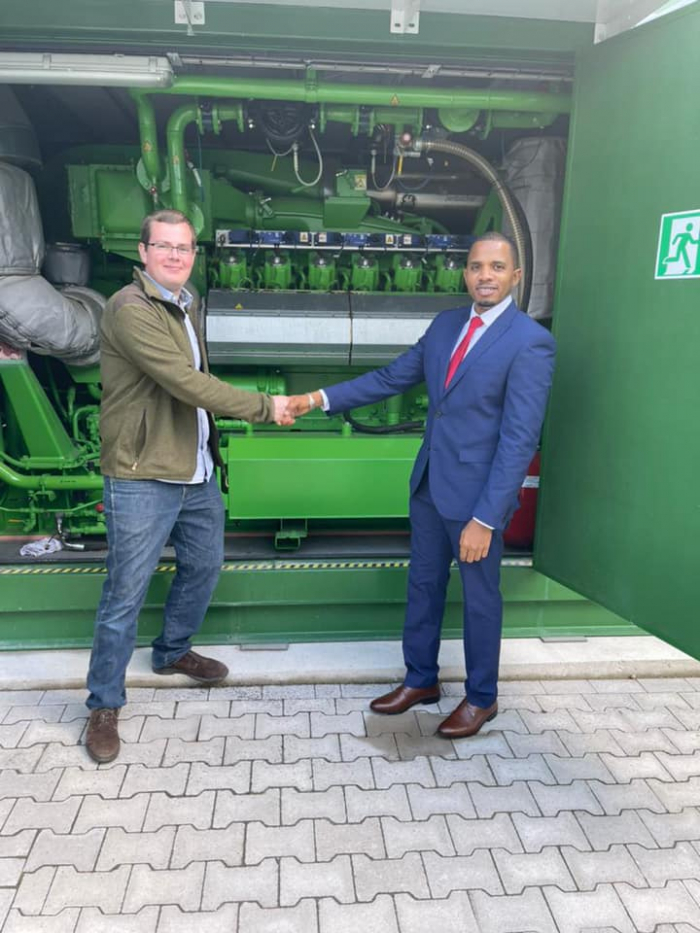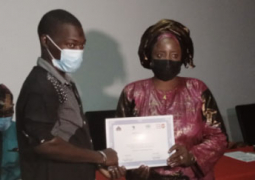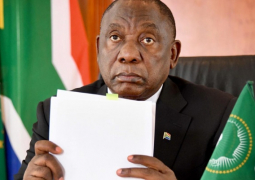
He said the availability of adequate, reliable, affordable, and sustainable energy is critical for the Gambia’s socio-economic transformation.
On his Facebook account, Ceesay said he visited Bio-Gas plant in Ösnarbruck, a leading manufacturer in the wind energy industry and had the opportunity to tour the installations of ENERCON in Bremen.
“I further had a familiarisation tour at The University of Applied Sciences in Emden-Leer. I visited a Wind Farm to identify opportunities for technology innovation and digitalisation to unlock The Gambia’s energy potential.The Gambia is rich in renewable energy sources, including hydro, sun, wind, bio, etc.”
The political Science lecturer further stated that despite this substantial potential, over 65% of Gambia’s population lacks access to electricity, adding the rest have access to an erratic energy supply at a very high cost.
He said with the rapid economic expansion and the population projected to reach 5 million in 2050, we must harness our indigenous and clean energy resources to generate 100% of our energy needs. He added that the decisions we make today will shape the energy sector of our country for generations to come.
The politician also visited Dairy Production Facilities in Germany to understand the owners' model and draw inspiration.
“We continue to nurture and enrich our vision to make livestock production sustainable, productive, and profitable for our farmers. Modern and innovative animal equipment and technologies would be key driving forces in Gambia’s agricultural production. When properly harnessed, this industry shall enable us to produce milk to be turned into commercial commodities such as yogurt, ice cream, butter, and cheese.”
He said with diary production, it would boost trade, add value to our economy and provide thousands of jobs for young Gambians.
Among other places he visited was the agricultural institute in Bremen, Germany, saying to eradicate hunger and ensure food security within a generation, Gambia needs to urgently boost agricultural production and its value chain through technological innovation.
“Our beautiful country ranks 174 out of 189 countries in the Human Development Index (2019). Poverty rates remain at 48 percent, while food insecurity has risen from 5 to 8% over the past five years due to weak food production. We produce only 50% of our food needs as we highly depend on imports.”
The presidential hopeful for the December election continued that technological innovations in farming will help Gambia graduate from subsistence farming to large-scale commercial agriculture and manufacturing.





